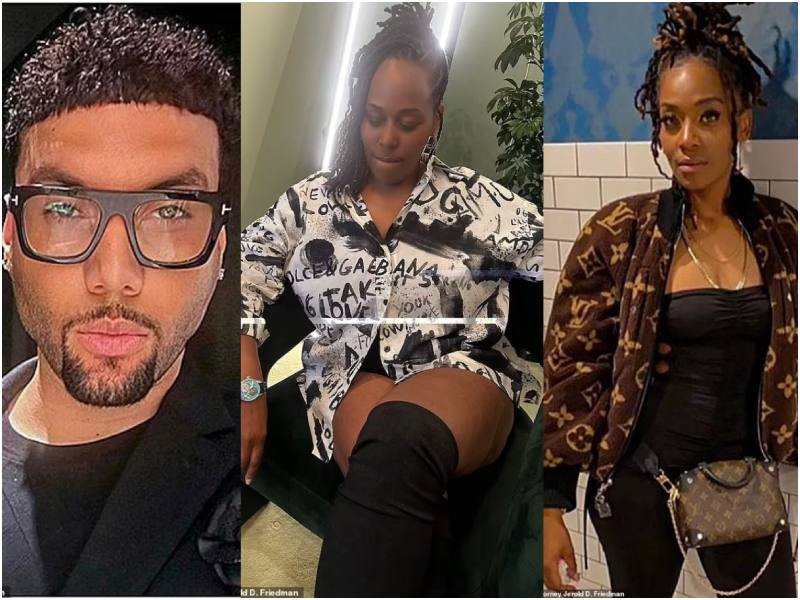In a new legal development, a Black mother, her daughter, and their friend have filed a lawsuit against luxury retailer Louis Vuitton, accusing the brand of racial discrimination, tortious breach of contract, and theft.
The plaintiffs, Tracy Renne Williams, her daughter Brandi Williams, and their friend Kristopher Enoch, brought the case to a California court, alleging that Louis Vuitton unlawfully banned them from shopping at its stores due to racial bias, despite their substantial annual spending.
According to court documents, Tracy Renne Williams, a VIP client of Louis Vuitton, preordered $50,000 worth of merchandise in September 2022.
Shortly thereafter, she received an email stating that the company could no longer assist her.
Williams, a loyal customer who reportedly spends around $500,000 annually with the brand, visited Louis Vuitton’s Beverly Hills location to inquire about her order but was informed that she was banned from the store and would be arrested if she stayed or returned.
Despite the ban, Williams claims that Louis Vuitton neither refunded her purchase nor provided the merchandise.
Williams asserts that when she sent her white assistant to purchase the same items, he was treated respectfully and was able to complete the transaction without issue, highlighting alleged discriminatory practices by the brand.
As a result of this incident, Williams claims to have suffered a financial loss of $40,000, as she often showcases her luxury purchases on social media, where she has built a following.
Brandi Williams, Tracy’s daughter, recounted a similar experience in Chicago, where she was banned from a Louis Vuitton store after being falsely accused of using drug money to make purchases.
She was further threatened with arrest in New Orleans when attempting to shop there. Kristopher Enoch, a friend of the family, alleges he was also subjected to discrimination when he was denied the ability to purchase a jacket without any explanation.
The plaintiffs are suing Louis Vuitton on multiple counts, including racial and business discrimination, tortious breach of contract, and theft. They argue that their race was the central factor in the retailer’s actions and point to contrasting treatment of non-Black customers, such as Tracy Williams’ assistant.
This case raises significant questions about racial discrimination in high-end retail and could set a precedent for similar claims of biased practices in the luxury goods industry.

